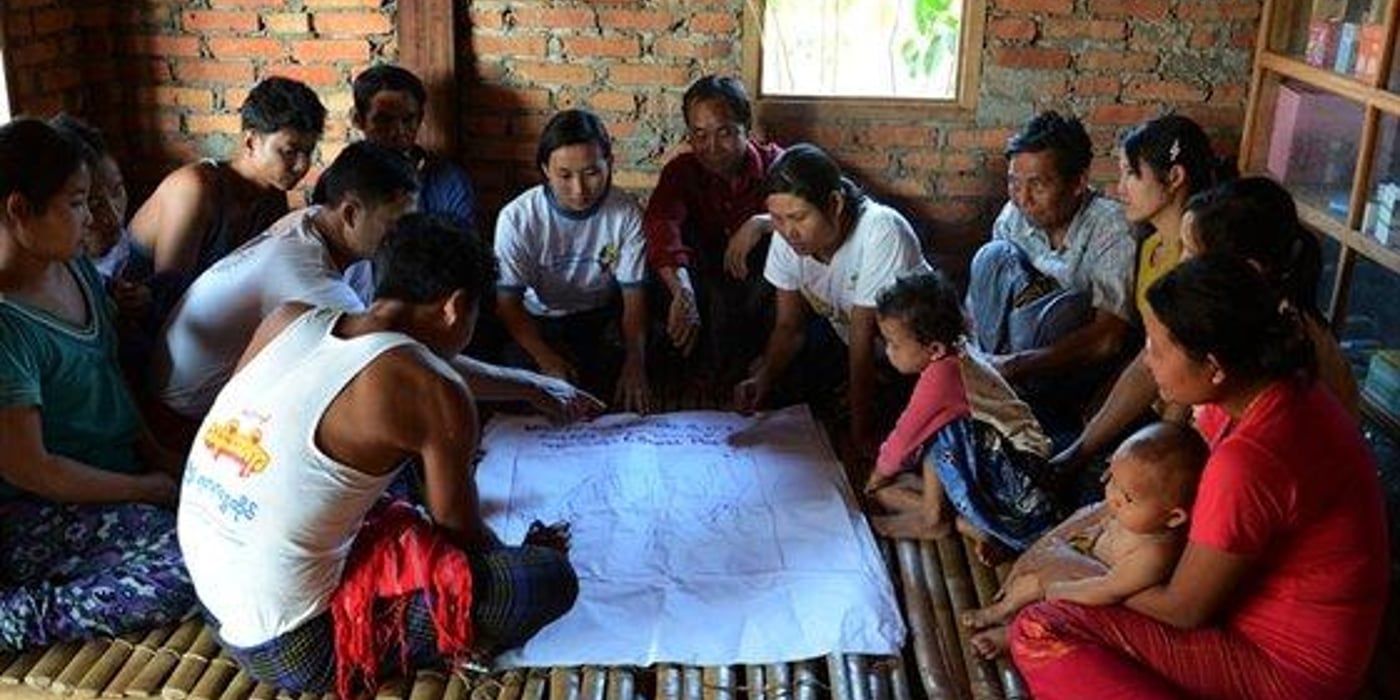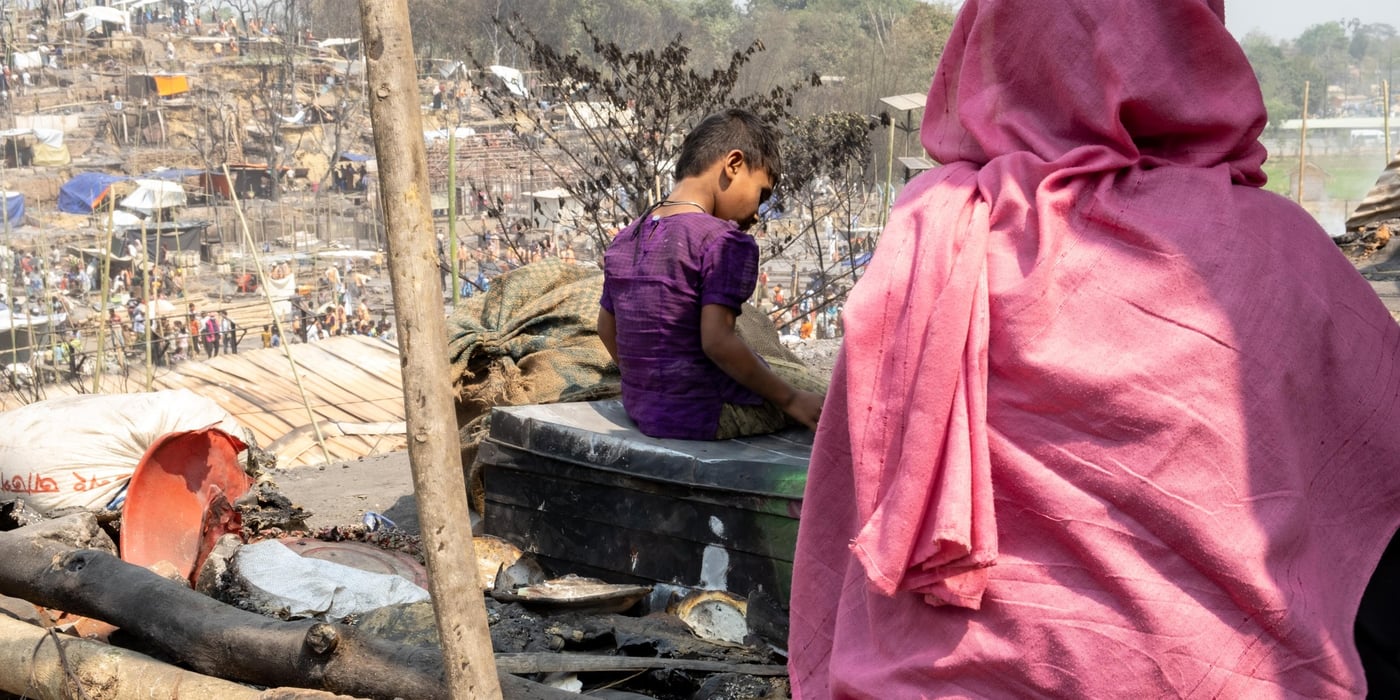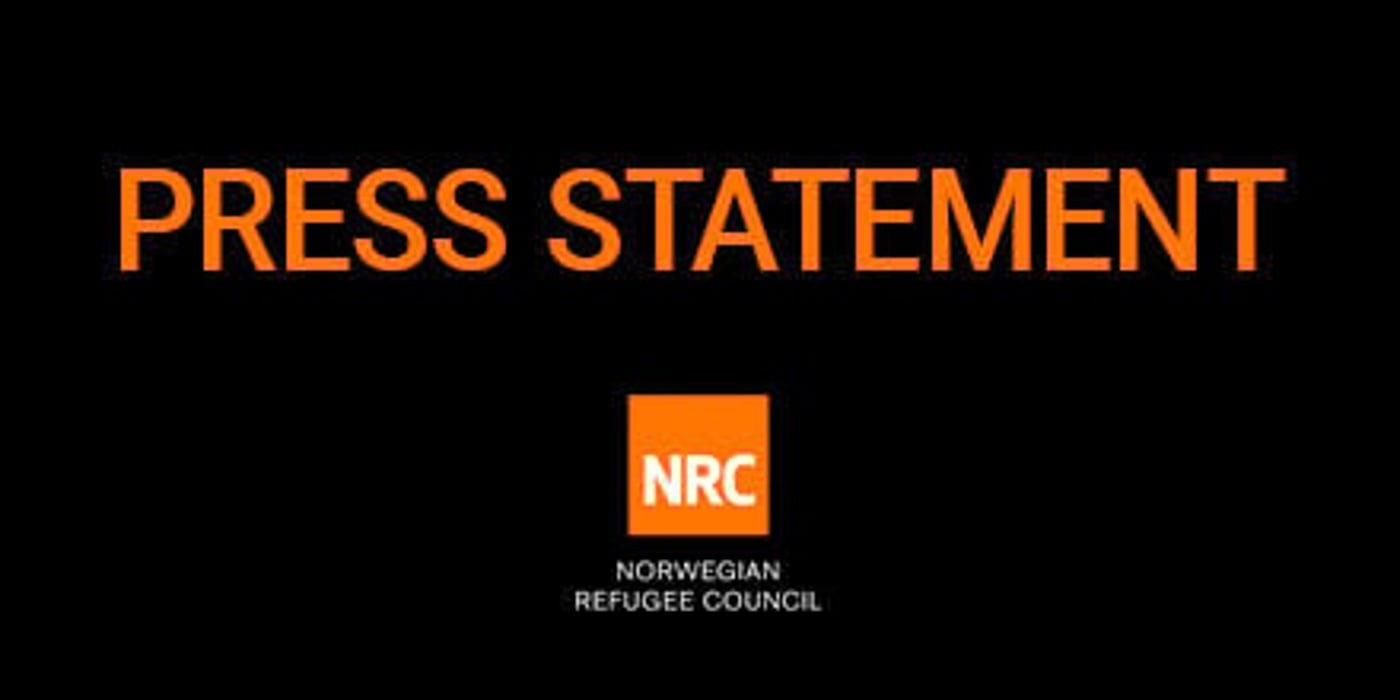
“We used to face water shortages since there were only six wells, which normally dried up during the summer,” says Fellow (social mobiliser at the community level) Naw Shwe Thet Wah Oo.
This Fellow is a 30 year old midwife living in Wet Swe Phyu village in Mon state, in the Southeast Region of Myanmar. The long-lasting conflict in the country has affected the population.
Nationally, 650,000 people are internally displaced, and according to the UNHCR, 1 million people are stateless. Further, the conflict has also affected community planning and delivery of community services in areas like infrastructure.
“The infrastructure (in the Southeast Region) is relatively underdeveloped and/or under-maintained in certain areas. So access to clean water and comprehensive water management practices are generally lacking,” says NRC’s Kelly Flynn, Partnership Manager for the EU-funded Southeast Infrastructure Rehabilitation Project (SIRP).
The project is intended to promote infrastructural development in the Southeast Region.
Vulnerable Village
Wet Swe Phyu village is one of the most remote, vulnerable and conflict-affected communities in Mon state, according to SIRP partners.
“The people living in this village are mostly internally displaced. The area is extremely vulnerable to weather changes and seasonal stresses. During the prolonged rainy season, we have heavy flooding, and with summer comes periods of drought,” Flynn says.
When Fellow Naw Shwe Thet Wah Oo was able to attend the community mobilisation/development fellowship trainings through SIRP, she gladly accepted.
“I learnt so much! I worked hard to share my knowledge with the committee members and villagers, it was not easy,” she says.
Clean Water
The villagers and Fellow decided to take responsibility for aspects of the development of their village. They discussed their needs, and identified water security and management as their first priority.
“Now we have been given a 4000 meter long gravity-flow water pipeline and a water collection tank. This will provide us access to water from clean sources,” says the Fellow.
Without the Fellow, trained and supported under the EU-funded SIRP action, the mobilisation of the people in her village and the water project would not have been possible.
“We see that when communities are asked, engaged and takes real responsibility at the community level, this makes this type of community-based water initiative possible. Through trainings they are now able to manage the water project directly themselves,” says Kelly.
Under SIRP, 88 other Fellows have already participated and seen results in other areas under other sectors such as education, health, peacebuilding, and community infrastructure such as earthen roads, community bridges, etc.
“We are seeing some real changes, not only in terms of infrastructure at community levels, but also in people’s attitudes towards community development and the management of their own needs and expectations” says the Fellow.
Fact
- SIRP is EU-funded and promotes infrastructural development alongside a community mobilisation model through Fellows and community development plans (village books).
- NRC is the leading agency of the grant with the EU as the donor and in operational partnership with the Swiss Agency of Developments and Cooperation (SDC), Knowledge and Dedication for Nation-building (KDN) and Action Aid/Myanmar (AAM).
- NRC provides technical advice and support for both infrastructural and WASH (hygiene promotion) project.
- The project in Wet Swe Phyu village was build by one of the four partners: the Swiss Agency for Development and Coorporation (SDC).
- Wet Swe Phyu village and 28 other villages in the Mon State (SDC’s area of operations) is recognized as being one of the most remote, vulnerable and conflict-affected communities in that State. Under the total action, SIRP operates in approximately 75 percent internally displaced/conflict affected communities.



